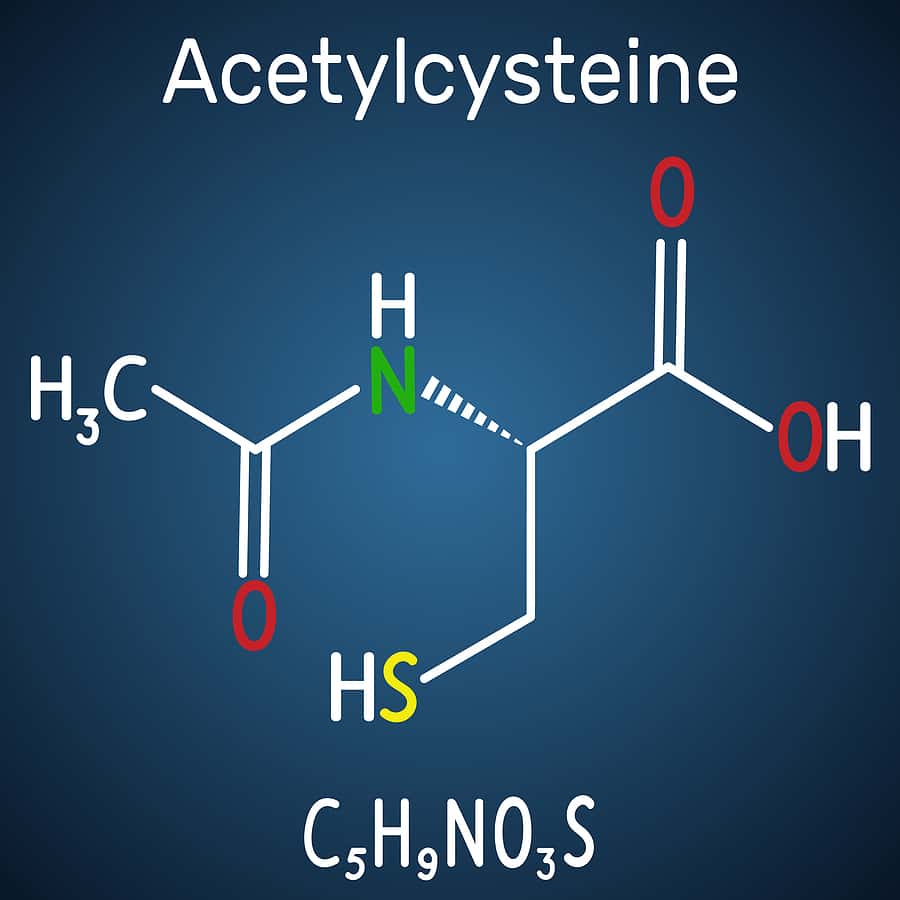
We don’t often hear about doctors suggesting dietary supplements, but occasionally a compound sold as a supplement functions like a pharmaceutical as well. N-acetylcysteine, abbreviated NAC, falls into that select category. One reader asks what NAC can do. The answer, it turns out, is quite a lot.
What Do You Know About N-Acetylcysteine?
Q. My oncologist has recommended that I take a dietary supplement called N-acetylcysteine (NAC). He says it will be good for my hemoglobin levels and my red blood cells, which are often lower than desirable. What can you tell me about NAC?
A. NAC is available over the counter as a dietary supplement. However, the FDA has also approved this compound as a drug to counteract acetaminophen toxicity. If someone overdoses on this pain reliever, prompt administration of NAC can protect the liver (Clinical Toxicology, Oct. 2021).
What Else Does NAC Do?
Other benefits of NAC are associated with its antioxidant and anti-inflammatory activity. According to early medical reports, people taking NAC are less likely to suffer damage to the lungs or the kidneys (American Family Physician, Aug. 1, 2009).
You don’t specify what type of cancer your oncologist is treating. In tissue culture studies, N-acetylcysteine can discourage quiescent breast cancer stem cells from becoming aggressive (Cell Metabolism, July 3, 2018). However, we could not find studies demonstrating that NAC boosts hemoglobin levels in cancer patients. Perhaps your oncologist has had experience that is not reflected by published research.
GlyNAC for Older Adults:
On the other hand, a small randomized clinical trial combining the amino acid glycine with NAC (GlyNAC) found that it improved cellular function and blood pressure in older people (Journals of Gerontology: Series A Medical Sciences, Aug. 17, 2022). In addition, it increased walking speed and reduced markers of inflammation.
Examine.com, an objective online source for information on dietary supplements, points out that NAC can increase glutathione production. Taking NAC at the usual oral doses appears to be safe.
Citations
- Downs JW et al, "Clinical outcome of massive acetaminophen overdose treated with standard-dose N-acetylcysteine." Clinical Toxicology, Oct. 2021. DOI: 10.1080/15563650.2021.1887493
- Millea PJ, "N-acetylcysteine: multiple clinical applications." American Family Physician, Aug. 1, 2009.
- Luo M et al, "Targeting breast cancer stem cell state equilibrium through modulation of redox signaling." Cell Metabolism, July 3, 2018. DOI: 10.1016/j.cmet.2018.06.006
- Kumar P et al, "Supplementing glycine and N-acetylcysteine (GlyNAC) in older adults improves glutathione deficiency, oxidative stress, mitochondrial dysfunction, inflammation, physical function, and aging hallmarks: A randomized clinical trial." Journals of Gerontology: Series A Medical Sciences, Aug. 17, 2022. DOI: 10.1093/gerona/glac135

